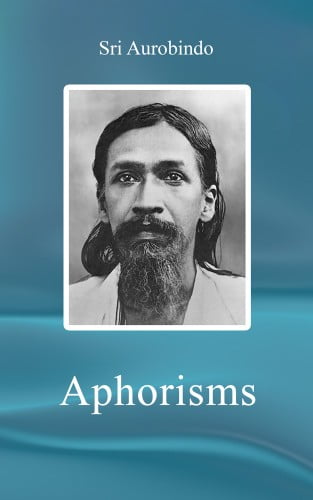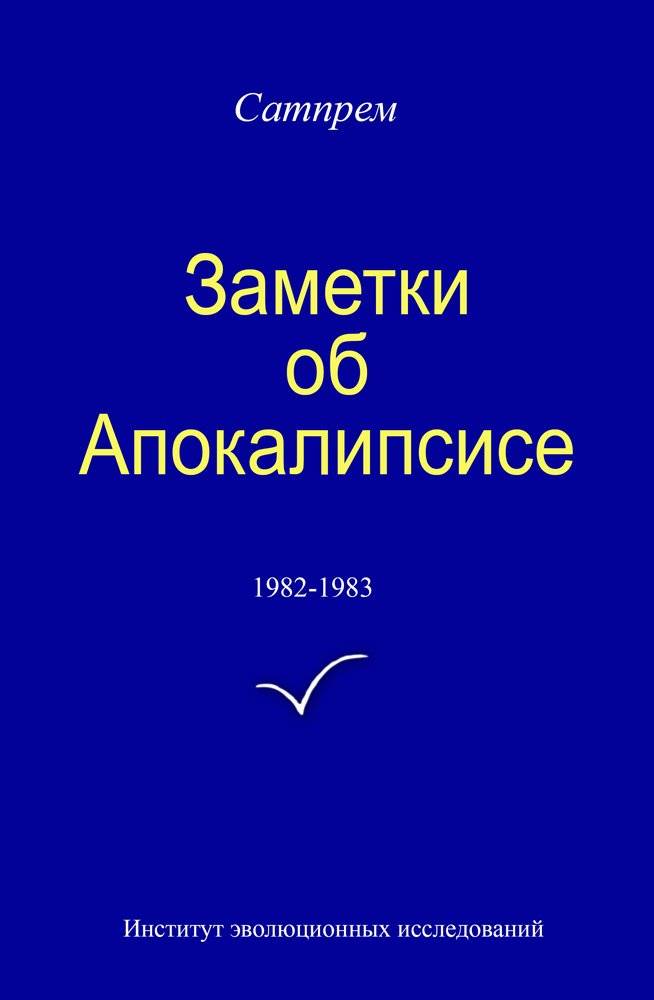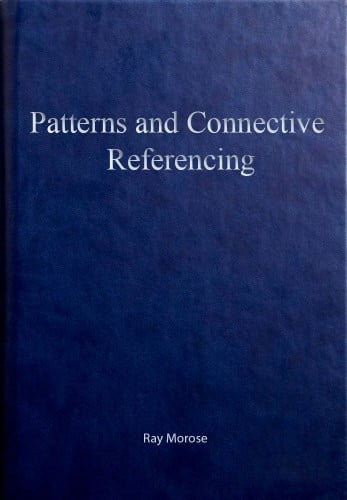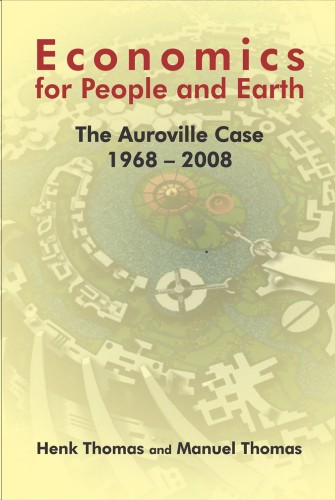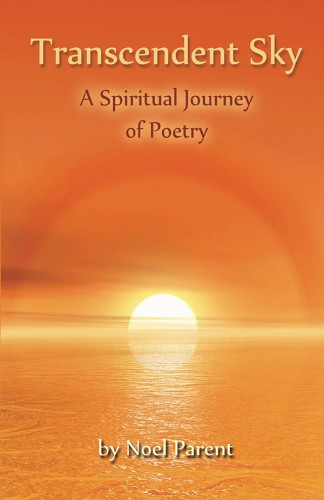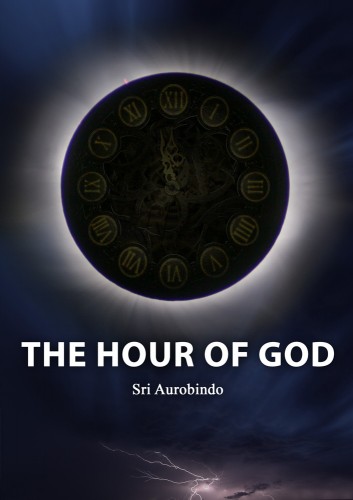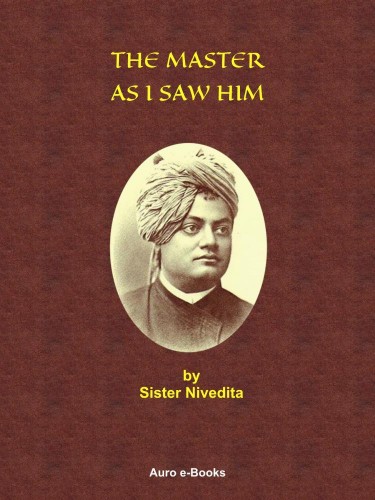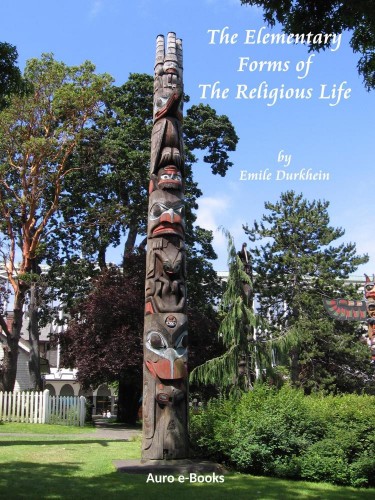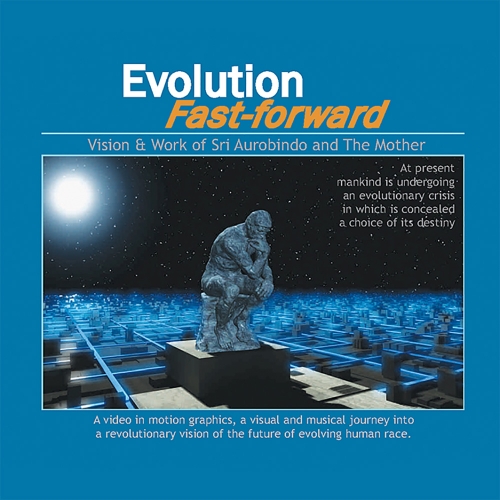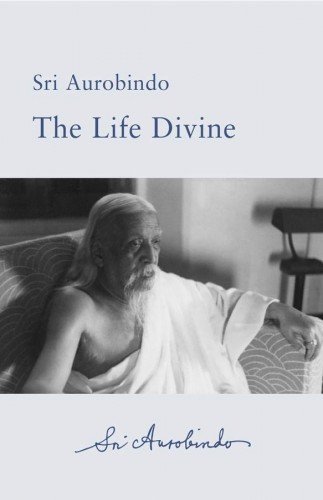Aphorisms
Aphorisms
In the aphorisms that make up this book, Sri Aurobindo gives pithy and pregnant expression to some of the key ideas of his philosophy and yoga.
Thoughts and Aphorisms was written around 1913. Ten aphorisms from the manuscript were published in the monthly review Arya in 1915 and 1916 as parts of what was later issued as Thoughts and Glimpses. But the bulk of the aphorisms — that is, those included in the Karma, Jnana and Bhakti sections of the present booklet — were never published during Sri Aurobindo’s lifetime. They first appeared in book form in 1958.
The seven “Additional Aphorisms” were first included in the edition of 1977; the last five were written in a separate manuscript notebook, apparently somewhat later than the others.

